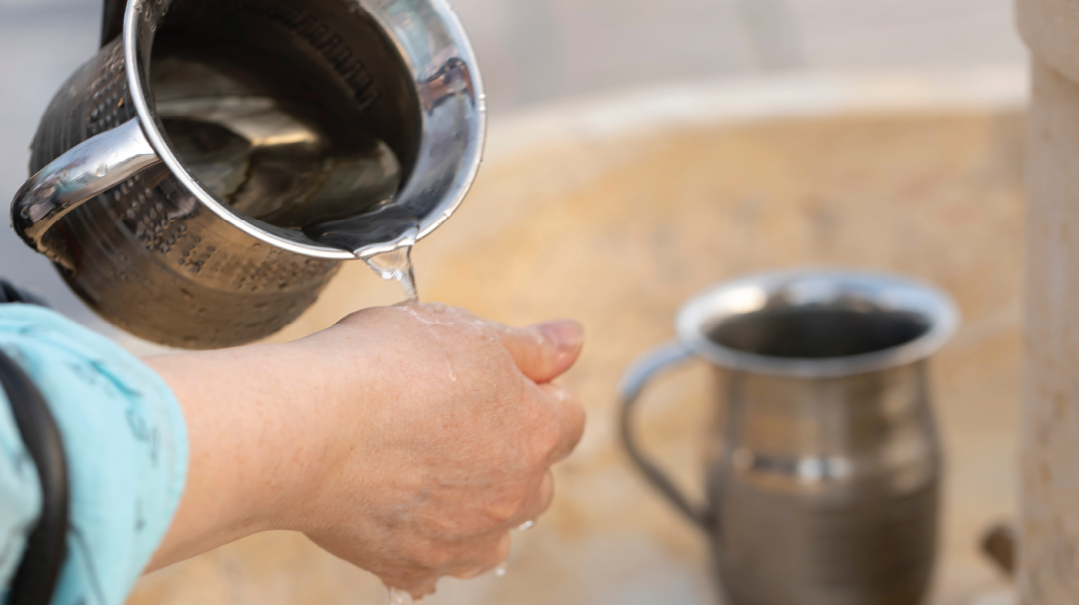Always in His Hands

“I thought the chances of it being a tumor were almost zero,” I managed to squeak

As told to Yael Schuster
Sunita looked me straight in the eye. “I think you should see a doctor,” she said.
I trusted my manicurist implicitly with all things nails, but with my medical care… not so much. So when she stopped mid-massage to ask me if I was aware of “something there” between my right index finger and thumb and suggested I check it out, I poked the area a bit, felt nothing, and got on with my life.
Back with Sunita five weeks later, I suddenly remembered her odd comment. “It got better, right?” I asked, mainly to make conversation.
Her eyes once again locked onto mine. “Bigger,” she said.
I must’ve heard wrong. “Did you say better, or bigger?”
“Bigger,” she replied. “You really should see a doctor.”
If I felt a bit silly in the orthopedic hand specialist’s waiting room the next day, I felt like a perfect fool when I told her I was there on the advice of my manicurist. Not only does she think I’m a hypochondriac, she thinks I’m a hypochondriac snob, who finds her action in life at the salon, I remember thinking.
Her expression and tone oozed dismissiveness. “A tumor in the hand is exceedingly rare, and your chance of having one is practically nil. Your hand feels completely normal to me, but if you’d like, you can go for an X-ray down the hall,” she said.
That came back normal, and I was halfway out the door when she handed me a prescription for an MRI “just in case you want to allay any lingering fears.”
When I showed up at the radiology facility a few days later, I was told that the doctor had requested a specialized MRI with a high-powered lens and contrast dye, which could only be done in the hospital. Considering the circumstances, this seemed overkill to the extreme, especially because she seemed to be humoring me even with the regular X-ray. But I’m the kind of person who finishes whatever I start, and I’d see this through as well.
Two days after the high-tech MRI done only on the suspicion of a Nepalese manicurist, the doctor called. “Reena, there is something worrisome on the scan. I already contacted a colleague, an orthopedic surgical oncologist, and his office will call you shortly to set up an appointment.”
I couldn’t absorb what she was saying. “I thought the chances of it being a tumor were almost zero,” I managed to squeak.
“I guess you’re part of that tiny percentage,” she offered lamely.
The oncologist’s office called and set up an appointment for the next day. But there was something I had to take care of immediately beforehand.
Oops! We could not locate your form.












